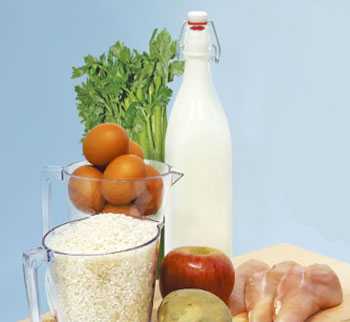Seoul Has 6th-Most Expensive Groceries
17 September, 2019

Seoul is the world's sixth most-expensive city when it comes to groceries, according to Numbeo, a crowd-sourced global database of consumer prices.
Numbeo analyzed the cost of living in 375 cities around the world, and while Seoul is the 26th most-expensive city overall, milk, beef, potatoes and other groceries are more expensive in Korea than even in New York, Tokyo and Oslo. Over the last 18 months, Numbeo gathered prices of 19 grocery products in supermarkets.
The only places that were more expensive were five cities in Switzerland -- Basel, Zurich, Lausanne, Geneva and Bern. But it costs more to shop for groceries in Seoul than in New York (seventh) and Washington D.C. (eighth).
Other major cities such as Tokyo (15th), Hong Kong (24th), Paris (27th), Singapore (53rd), London (120th) and Shanghai (135th) lagged far behind the Korean capital.
Bananas, potatoes and tomatoes in Seoul were the most expensive in the world, oranges and apples were the second most expensive, while beef was the third most expensive. Prices of lettuce and onions (fifth), cheese (sixth) and milk (seventh) were also high.
Groceries in New York were 5.6 percent cheaper than Seoul, while those in Tokyo were 17.2 percent cheaper, and in London a whopping 47.2 percent cheaper.
Some of that may be due to structural reasons. Meat, fruit and vegetables are grown on massive industrial farms in the U.S., while goods that are not produced locally are easily imported from neighboring countries. But Korea is still largely dependent on small farms.
Kim Byung-yul at the Korea Rural Economic Institute said, "A standard farm in the U.S. measures 185 hectares, but they are only 1.5 hectares in Korea."
But Korea's retail market structure is also more complicated, with middlemen often getting in the way of fair prices. In foreign countries, large farms sell products directly to retailers, but the Korean market for fresh produce is still dominated by wholesale merchants.
Kim Hyeon-seok at Seoul National University said, "Large businesses handle production and distribution in foreign countries, thereby achieving an economy of scale, but the Korean market is still small, while some products like Korean beef are kept expensive by simply pitching the home brand premium."
Consumer prices in Korea fell 0.04 percentage point last month, according to the government, but consumers still feel the pinch. According to the Bank of Korea, the actual prices of products that consumers pay rose 2.1 percent last month. Sung Tae-yoon at Yonsei University said, "A closer look at consumer prices shows there are many products whose prices fell, because fewer people buy them amid the recession, so the actual prices that people pay are not that low."
Source:
TAG(s):
